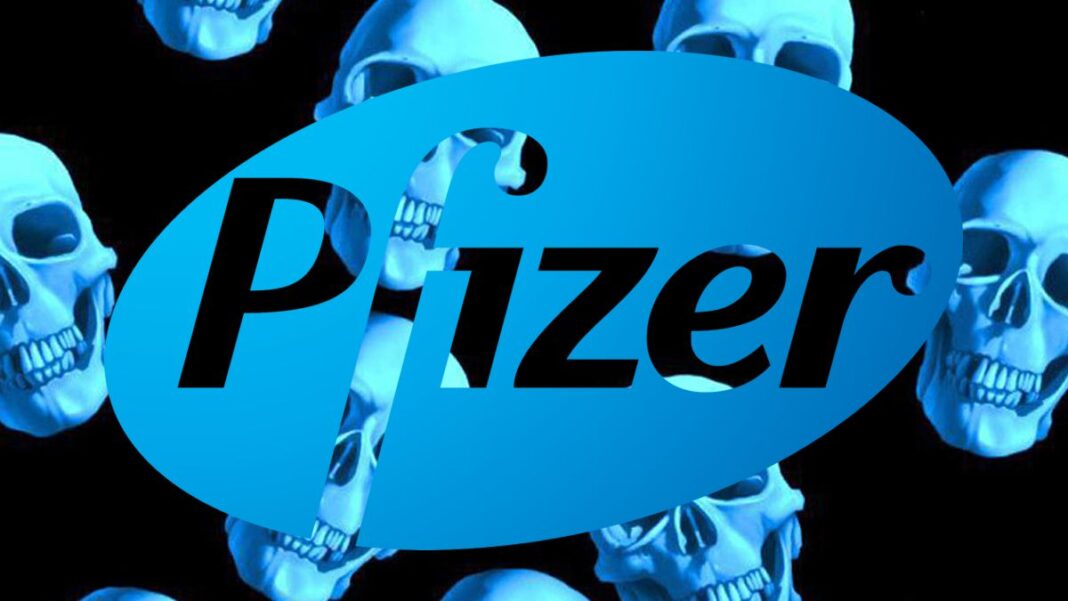
Hospitals in the United States are on high alert, with some doctors prioritizing patients in critical condition as the prolonged lockdown in China’s Shanghai has caused a global shortage of chemicals used in medical imaging.
Some of the largest U.S. hospitals said earlier this month they were facing significant shortages of iodinated contrast media products, which are dyes given to patients so that their internal organs and vessels can be picked up by CT scans, X-rays, and radiography.
The dwindling supply was due to the temporary closure of the production facility of General Electric’s health care unit in Shanghai, a trade hub that has been locked down for nearly two months. Though the factory has been allowed to resume operation gradually, the Greater New York Hospital Association warned that an 80 percent reduction in supply might last through the end of June, according to a May 5 statement.
Some hospitals have started to conserve use of the medical dye. For example, the University of Alabama at Birmingham Health System said they activated a response to aggressively ration the supply of intravenous contrast to address the shortage, according to a May 7 statement. The efforts mean doctors are prioritizing urgent scans and postponing elective tests.
U.S. health care facilities are not alone in feeling the economic consequences. From Apple, Microsoft, and Tesla, to Adidas, Estée Lauder, and Starbucks, global companies have warned of the spillover effects of China’s protracted COVID-19 lockdowns.
As the fast-moving Omicron variant spread across the country, Chinese cities, from large to small, have imposed various degrees of restrictions under the regime’s “zero-COVID” playbook. The biggest lockdown in Shanghai led to many of the city’s 25 million residents enduring a food shortage. Officials on May 15 signaled that the city started reopening, but residents said they still could not step out of their homes.
As of May 10, some 41 cities across the country are under partial or full lockdown, according to estimates by Japanese bank Nomura, accounting for almost 30 percent of China’s economic output.
By Dorothy Li





